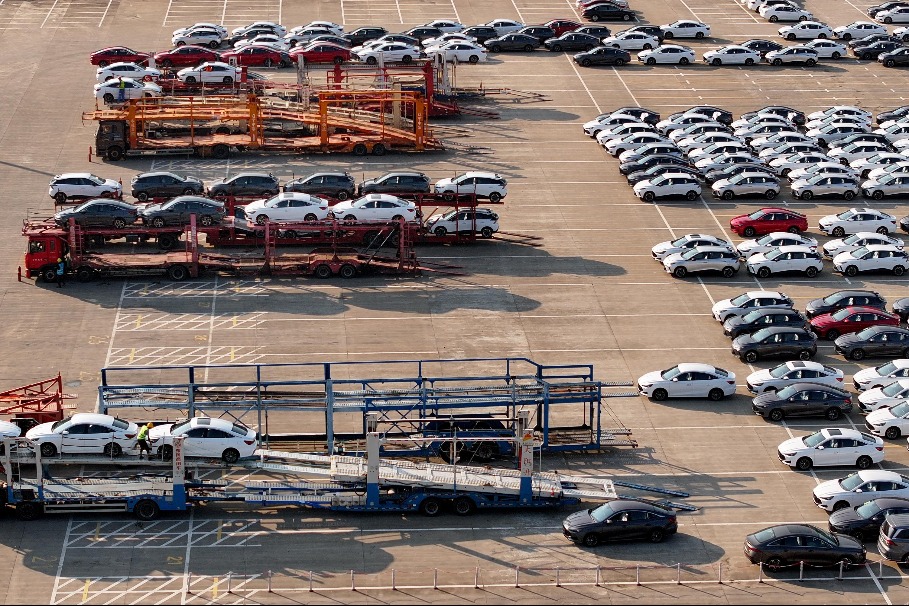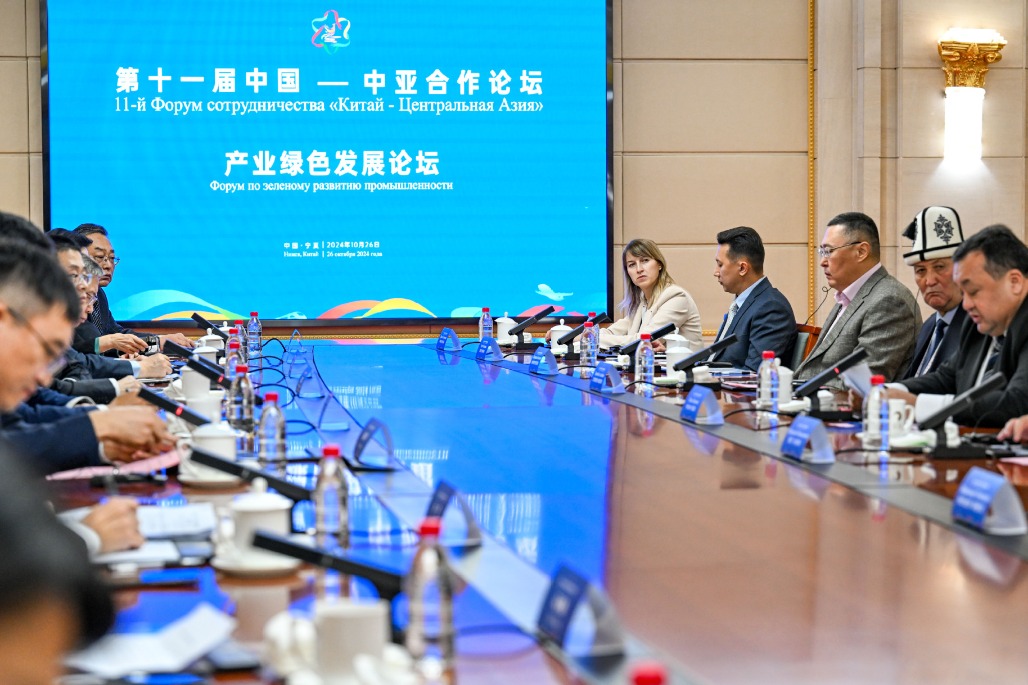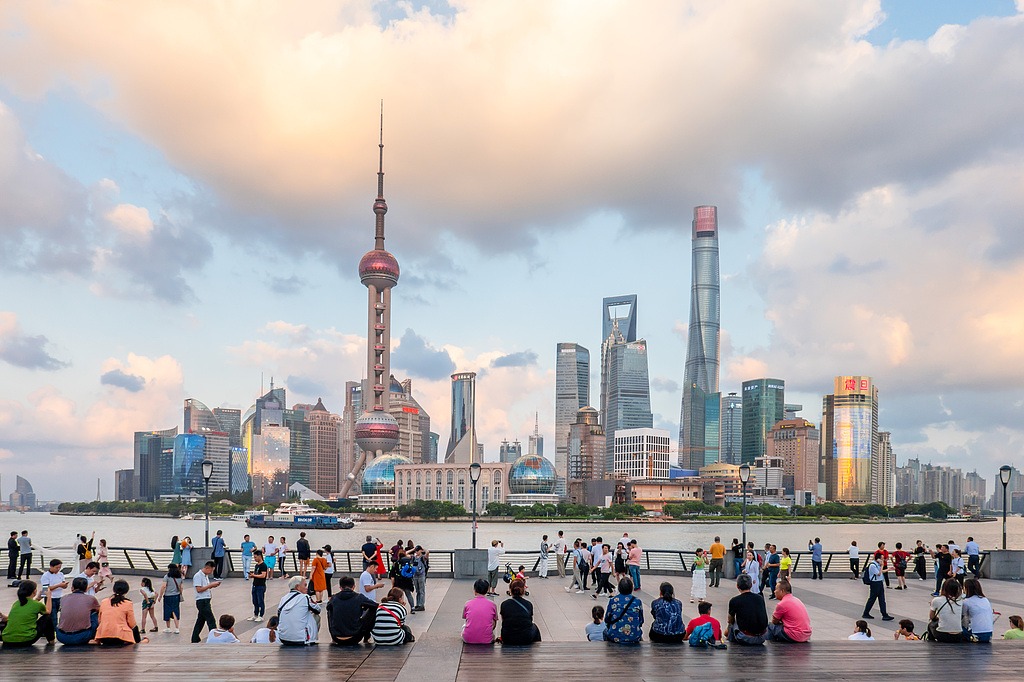US tech decoupling will benefit no one, experts say
By LIA ZHU in San Francisco | China Daily | Updated: 2022-10-28 11:50
China has reiterated the role of innovation in driving growth at a time when the United States has intensified restrictions on technology exports to China. However, experts warn that the US technological decoupling from China will not work and will not benefit the world.
Innovation will remain at the heart of China's modernization drive, and an open and globally competitive innovation ecosystem will be created, said General Secretary Xi Jinping in a report at the opening session of the 20th National Congress of the Communist Party of China on Oct 16.
China will accelerate the implementation of its innovation-driven development strategy to achieve greater self-reliance and strength in science and technology, Xi said.
Xi's comments illustrate that strength in science and technology would enable continuous development of innovations, said George Koo, a retired international business adviser in Silicon Valley.
"Modernization of China, or any other country for that matter, will be driven by innovations," Koo told China Daily. "This is all the more true as President Joe Biden has declared all-out war to stop all manners of semiconductor trade with China."
Last month, the Biden administration imposed restrictions on sales of semiconductor devices and equipment to China to contain China's technological advances. Since then, the administration has doubled down and imposed virtually a total ban on semiconductor trade with China.
China has been the largest buyer of semiconductor processing equipment and is the biggest market for advanced chips designed by Silicon Valley companies such as Nvidia. Nvidia has said the restrictions could cost the company $400 million in revenue.
"American producers, from process equipment to design software systems to advanced devices, will all suffer drastic reductions in revenue and potentially fatal losses of funds to develop the next generation of advances," said Koo.
"In effect, Biden's chip ban will disrupt and damage a safe, secure and booming global semiconductor industry and turn it into tatters and pieces."
Some experts are worried that many in the US favor restrictions and that there is a lack of dissent, even from the industry, to point out the consequences.
"US-led technological decoupling from China has had enormous consequences in just a few short years. It has rewired international relationships, unsettled the global economic order, and transformed technology policymaking and politics in many countries," Jon Bateman, a senior fellow in the technology and international affairs program at the Carnegie Endowment for International Peace, wrote in an article published by Foreign Policy on Oct 12.
However, neither President Biden nor any other US leader "has made a serious effort to educate the American people about the costs and risks of decoupling", said Bateman.
He warned that the next phase of decoupling could be more unpredictable and riskier.
Significant cost
Instead of imposing export controls to contain China at a significant cost, the US should focus on domestic innovation, Rakesh Kumar, a professor in the electrical and computer engineering department at the University of Illinois, said in a recent article.
"Innovation will be the key to America's continued leadership. The gap between US and non-US technology is the smallest it's ever been. In 1960, the US share of global R&D was 69 percent. It's now about 30 percent," he said.
"You can't win an important race by hoping to trip your opponent, especially when there are significant costs to doing so. A far better strategy is to run faster," he said.
In contrast to the US' containment and restraint, China is willing to cooperate and share its technologies with other countries.
"China is ready to share its homegrown high-speed rail technology with the rest of the world," Koo told China Daily, using the example of Indonesia's high-speed railway linking Jakarta and Bandung.
The railway, expected to be fully operational in June 2023, will shorten the travel time from more than three hours to 40 minutes at the designed speed of 350 kilometers per hour.
The rail cars feature advanced smart technology, safety protocols and strong environmental adaptability, said Koo.
"As with the high-speed railway, China will eventually succeed in circumventing America's ban on semiconductor trade," he added.
"China has demonstrated that they will share and collaborate for the common good. The US wants to decouple and selectively cooperate, which will never work because mutual trust is absent."
liazhu@chinadailyusa.com
























